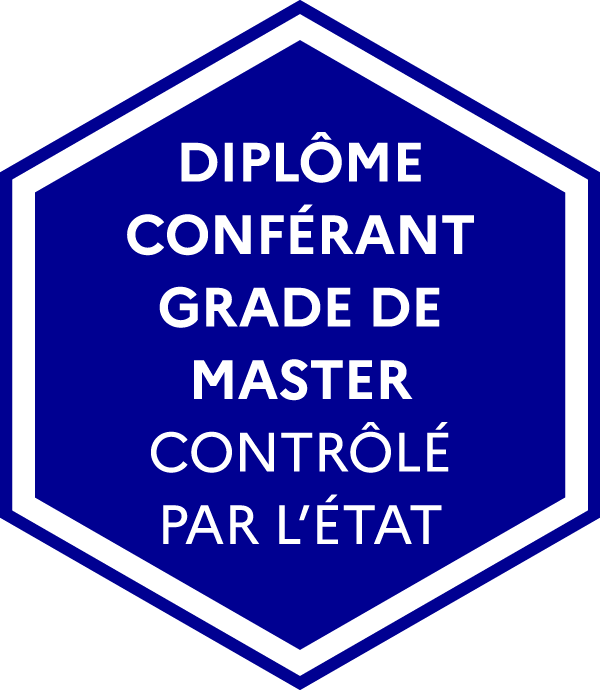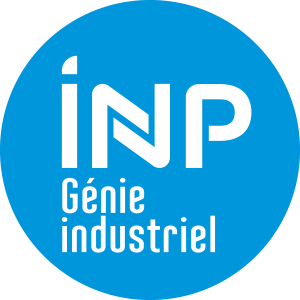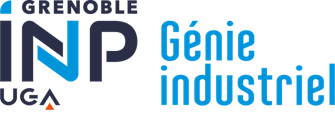Number of hours
- Lectures 27.0
- Projects -
- Tutorials 27.0
- Internship -
- Laboratory works -
- Written tests -
ECTS
ECTS 6.0
Goal(s)
• Acquire knowledge in the area of study.
• Gain an advanced learning in the economics of interactions in an engineering environment - how to analyse, think and conclude with firms, policy makers and individuals using contemporary conceptual tools.
• Understand the issues of multi-actors' decision-making with strategic interactions (vertical and horizontal competition; contract negotiation; team management).
• Act and decide in strategic situations with experiments and simulation contexts.
• Analyse, understand and model these situations in order to determine efficient behaviour and strategies.
• Explore and analyse economic data and test economic hypothesis (using statistics and econometrics/data mining tools).
• Develop students' analytical abilities in terms of economic modelling and use game theory, experimental economics and quantitative tools.
Content(s)
This advanced level course in Economics includes Microeconomics, Industrial Organization, Behavioural Economics, Modelling Methods, Experimental Economics and Econometrics Tools. It also includes an initiation in research methods. Applications concern various industries and industrial issues for engineers (agro-industry, network industries, nano- and bio-technologies, innovation strategies, etc...).
The course is organised in two parts:
Part I - Advanced Industrial Organization
When is market competition inefficient and when socially desirable issues are in question? When and why competition is insufficient? What are the market operations and performance of imperfectly competitive markets and what is the behaviour of the firms in these markets? What determines the extent of a firm's activity in production? In particular, what are the factors responsible for determining the extent to which a firm is vertically integrated? What are the factors that influence or determine seller concentration? What are the factors responsible of product differentiation? What are the factors that make it possible for a firm to exercise market power? And are those factors exogenous or can the firm endogenously influence conditions to entry or raise entry barriers ?
Part II - Economics of Demand
Knowledge of demand determinants is an essential issue to understand and specify the dynamics of competition and product supply. We will question both individual and global demand. How to specify individual demand? In terms of preferences mapping, consumer's attitudes and perceptions, consumer's expectations, consumer's acceptance and in terms of product valuation link with product's characteristic and quality. What about the aggregation of individual's demands? What are the determinants of the aggregated demand (information, pricing, quality)? We will question the issue of value creation in a competitive context. We will survey how firms may track the potential demand during the product conception process. We will develop the firm pricing policy making and its public regulation.
These two parts are complemented with illustrations and a case study of industrial engineering with lectures and / or conferences given by researchers. These complements will address methodological points or state of the art reviews or specific applications.
A specific educational guideline is adopted in order to discover the decision- making contexts and issues through experimentation and simulation sessions between students. Students are placed in the decision maker's situation in different strategic contexts such as market competition, financial market, bidding, negotiation situations. Each context induces various strategic issues: coordination, cooperation, incentive, creation, learning, etc. The outcome of these experiments constitutes the starting point for the analysis of the situation and of the rational (or not) behaviours. Economic models and game theory will be mobilised to suggest explanations and eventually solutions for the strategic interactions.
Students' lectures and external interventions will deal with, for example:
• Advanced Industrial Organisation in Vertical Relations, Competition, Coordination and Contracting
• Organisational Design
• Economics of the Supply Chain
• Cooperation and management of natural and limited resources
• Economics of Product Design: Value analysis, Standard and Differentiation, Information, Industrialization
• Risk preferences, self-control, social preferences
• Constitution and adaptation of beliefs, overconfidence, the law of small numbers
• The rationality of decision making, the effect of framing, limited attention, social pressure and emotions on decision.
This course is linked to the course « Entreprises et société ».
Basics in Economics for Industrial Engineering (1A), Probability and statistics (1A), Forecasting Demand (1A)
Open to Engineering students from both specialisations : Product Design (IdP) and Supply Chain (ICL)
Open to M2R students without a background in Economics (a handout with the basic Economic knowledge necessary for the course will be given)
• 1st exam period:
Final short Exam (40%) and group works (small synthesis report and / or presentation) (25%+25%) and experiments' results or MCQ (10%).
• 2nd exam period: resits.
E1 = Examen final écrit session 1
E2 = Examen oral session 2
N1 = note finale session 1
N2 = note finale session 2
The exam may be taken in french or in english 

The course exists in the following branches:
- Curriculum - Engineer IPID apprentice program - Semester 9 (this course may be followed in french or in english

 )
)
Course ID : 5GUC0504
Course language(s): 

You can find this course among all other courses.
Pepall, L., Richards D. and G. Norman (2008) Industrial Organization : Contemporary Theory and empirical applications, Wiley-Blackwell, 720p.
Perloff, J.M. and D. Carlton (2004), Modern Industrial Organization, Pearson Education, 800p.
Church, J.R. and R. Ware (1999), Industrial Organization : A Strategic Approach, Irwin McGraw-Hill, 920p.
Tirole, J. (1988), The Thoery of Industrial Organisation, The MIT Press, 479p.
MasColell, Whinston, Green (2004), Microeconomic Theory, Oxford University Press, 998p.
Varian R.H. (2006), Introduction à la microéconomique, De Boeck, 506p.
Varian R.H (1995), Analyse microéconomique, De Boeck, 506p.
Gintis H, Game Theory Evolving, Princeton University Press, 2000
Camerer C., Evolutionary Game Theory, Princeton University Press, 2003
Glimcher P., Decision, Uncertainty and the Brain : The Science of Neuroeconomics, MIT Press.
French State controlled diploma conferring a Master's degree

Common Core presentation
Programme courses S5
Programme courses S6
Supply Chain Management
Programme presentation
Programme courses S7
Programme courses S8
Programme courses S9
Programme courses S10
Product Design
Programme presentation
Programme courses S7
Programme courses S8
Programme courses S9
Programme courses S10
Contacts
Head of studies: Pierre Lemaire
Head of 1st Year Program: Abdourahim Sylla
Head of Supply Chain Management Program: Irène Gannaz
Head of Product design Program: Yann Ledoux
Registrar's office
Head of Registrar's office: genie-industriel.scolarite@grenoble-inp.fr
Secretary's office 1st Year: Valérie Demicheli
Secretary's office 2nd Year: Sylvie Malandrino
Secretary's office 3rd Year: Vincente Odier
International relations department:
Nadia Dehemchi



